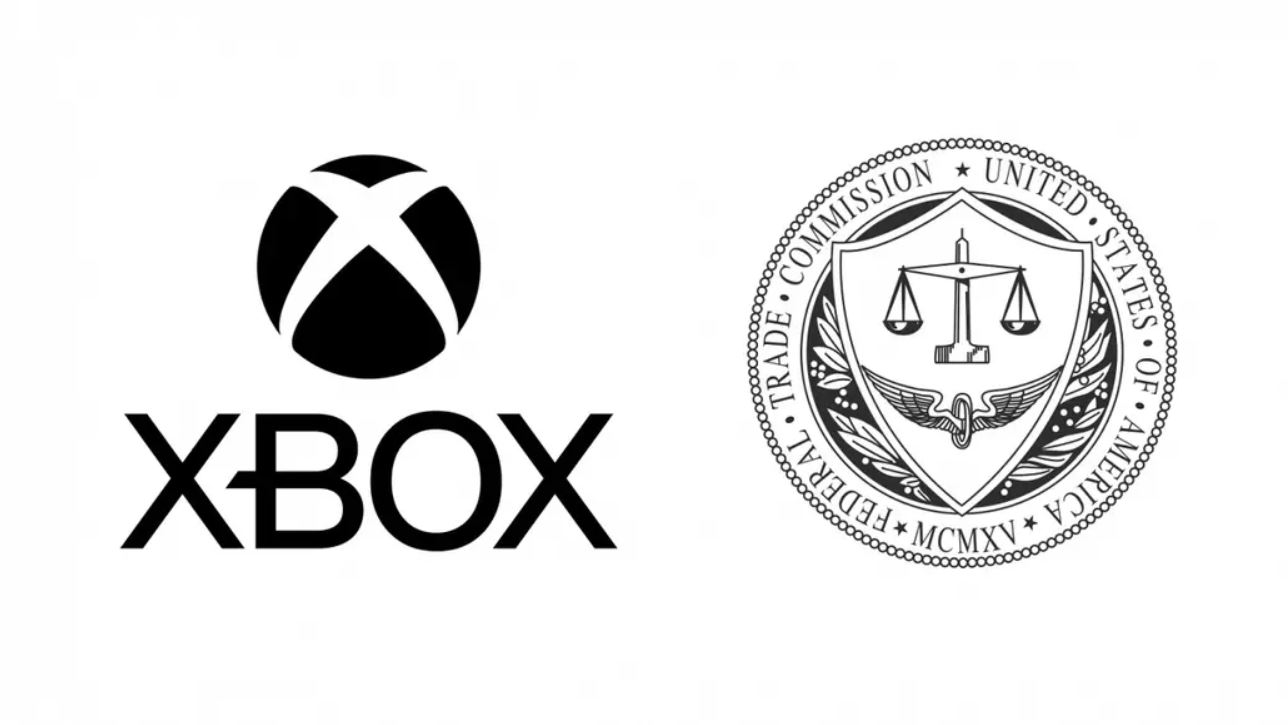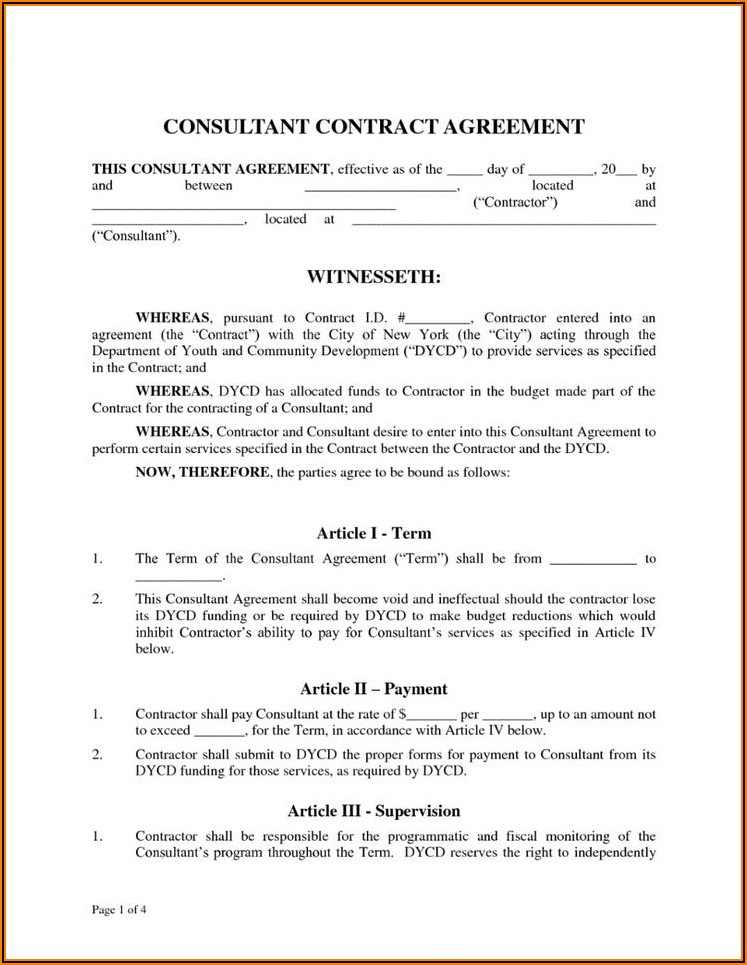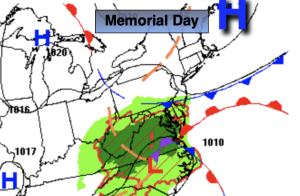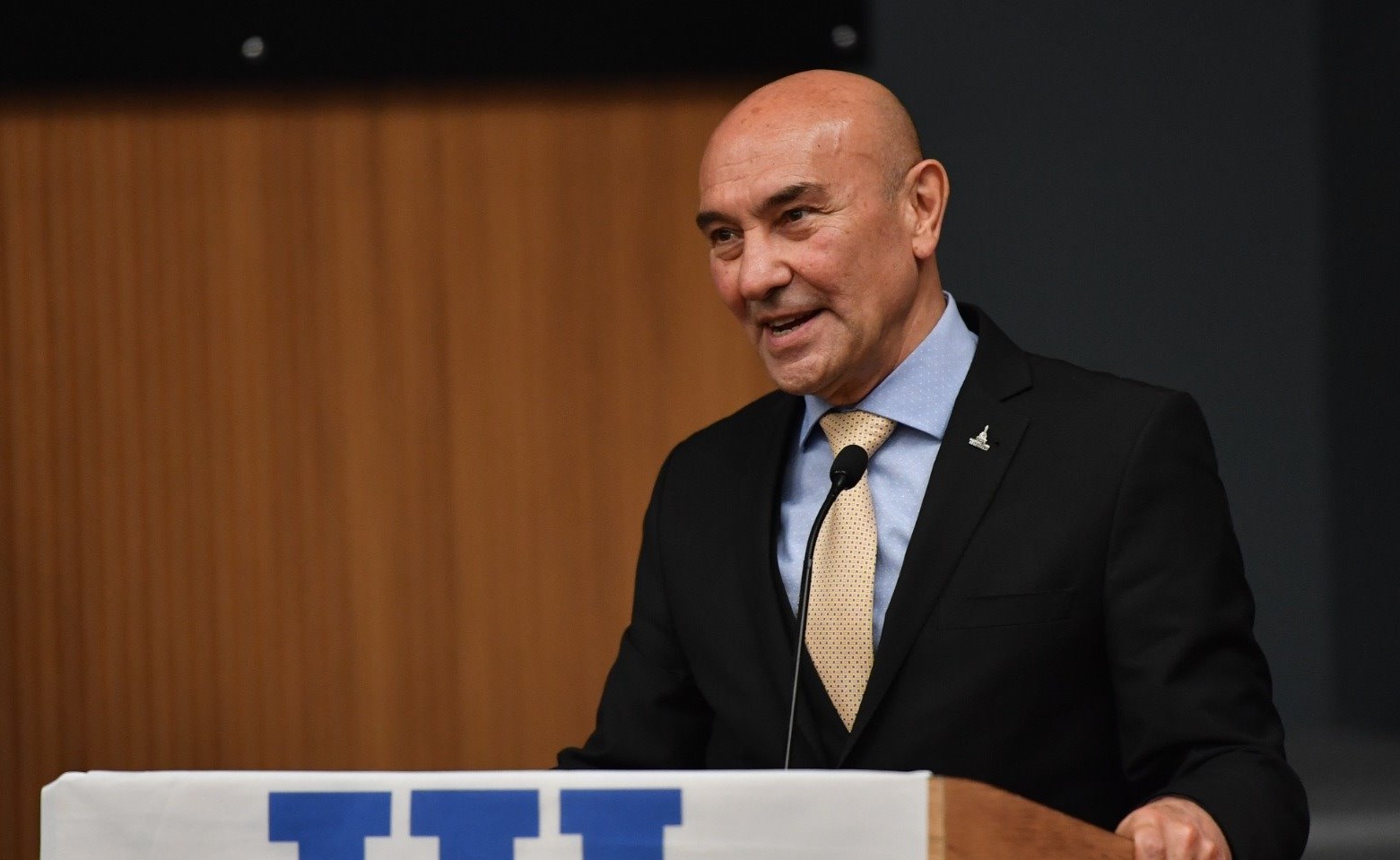Appeal Filed: FTC Challenges Judge's Ruling On Microsoft Activision Blizzard Deal

Table of Contents
The FTC's Arguments Against the Merger
The FTC's core argument centers on the belief that the Microsoft-Activision Blizzard merger would substantially lessen competition in the video game market, ultimately harming consumers. Their concerns are multifaceted and touch upon several key areas:
-
Concerns about Microsoft's dominance in the gaming console market: Microsoft already holds a significant share of the gaming console market with its Xbox consoles. The acquisition of Activision Blizzard, a major game publisher, would further bolster Microsoft's position, potentially giving them an unfair advantage over competitors like Sony and Nintendo. The FTC argues this consolidation of power could lead to higher prices, reduced innovation, and less choice for gamers.
-
Potential for anti-competitive practices regarding game exclusivity on Xbox: The FTC worries that Microsoft might make popular Activision Blizzard titles, such as the hugely successful Call of Duty franchise, exclusive to Xbox consoles and its Game Pass subscription service. This would significantly disadvantage players on other platforms, like PlayStation and PC, potentially driving them to switch ecosystems or pay inflated prices for access to these games. This strategy, the FTC claims, constitutes anti-competitive behavior.
-
Allegations of stifling innovation and competition among game publishers: By controlling a vast catalog of popular game franchises, Microsoft could potentially stifle innovation and competition amongst other game publishers. Smaller studios might find it harder to compete, leading to a less diverse and less dynamic gaming market. The FTC argues this monopolistic power would limit consumer choice and creativity within the industry.
-
Focus on the impact on Call of Duty's availability across various platforms: Call of Duty is a prime example used by the FTC to illustrate their concerns. The FTC argues that making Call of Duty exclusive or significantly favoring Xbox would harm competition and reduce consumer choice, given its immense popularity across different gaming platforms. Statements released by the FTC highlight this title as a central component of their case against the merger.
The Judge's Initial Ruling and its Controversies
A federal judge initially ruled in favor of Microsoft, allowing the merger to proceed. This decision sparked significant controversy and fueled the FTC's appeal. The judge's reasoning, while acknowledging some potential anti-competitive concerns, ultimately concluded that Microsoft's proposed remedies were sufficient to mitigate these risks.
-
Key points from the judge's reasoning: The judge focused on Microsoft’s commitment to keeping Call of Duty available on PlayStation for a period of ten years, deeming this commitment enough to ensure fair competition. The judge also considered Microsoft’s arguments about the dynamic nature of the gaming market and its claims that the merger would foster innovation.
-
Criticisms levied against the judge's decision: Many critics, including analysts, competitors, and consumer advocates, argued that the judge's decision was flawed. They pointed out the potential for Microsoft to renege on its commitments after the merger was finalized, leaving PlayStation players at a disadvantage. The ten-year agreement, some argue, doesn't guarantee fair pricing or equal access to features.
-
Legal arguments presented by Microsoft that swayed the judge’s opinion: Microsoft successfully argued that its acquisition wouldn't stifle competition, pointing to the continued growth and vibrancy of the gaming market. They presented evidence of their commitment to expanding the gaming ecosystem through initiatives like Xbox Game Pass. The judge considered these arguments favorably in reaching their initial decision.
The FTC, however, contends that the judge's interpretation of the evidence was insufficient and that the potential harms to competition outweigh any potential benefits.
Implications of the FTC's Appeal
The FTC's appeal holds significant implications for the gaming industry and antitrust regulations more broadly. Several potential outcomes and their consequences must be considered:
-
Potential for a delay or reversal of the merger: A successful appeal could lead to a delay, or even a complete reversal, of the Microsoft-Activision Blizzard merger. This would have significant financial and strategic implications for both companies.
-
Impact on future mergers and acquisitions in the tech industry: The outcome of this case will undoubtedly influence future mergers and acquisitions within the tech industry. A successful FTC appeal could set a precedent for stricter regulatory scrutiny of large tech company acquisitions.
-
Implications for regulatory oversight of large tech companies: This case showcases the ongoing debate about the power and influence of large tech companies and the need for effective regulatory oversight to prevent anti-competitive practices. The appeal could strengthen regulators' ability to challenge mergers they deem harmful to competition.
-
Effects on the prices and availability of Activision Blizzard games: The appeal's outcome will directly affect the pricing and availability of Activision Blizzard games, particularly Call of Duty, across different platforms.
The Future of FTC Activision Blizzard Appeal
The FTC Activision Blizzard Appeal is now before the appellate court. The timeline is uncertain, but several key milestones are expected:
-
Expected timeline for the appeal process: The appeal process could take several months, even a year or more, before a final decision is reached. Oral arguments, brief submissions, and judicial deliberations will all contribute to the extended timeline.
-
Key dates and milestones to watch for: Specific deadlines for filings and hearings will be announced by the court. These dates are crucial for tracking the progress of the appeal.
-
Possible avenues of appeal beyond the initial court: If the appellate court rules against the FTC, there could be further appeals to the Supreme Court, adding more time to the overall process.
-
Predictions on the outcome of the appeal based on legal precedent and expert analysis: Legal experts offer varied predictions, with some suggesting the FTC faces an uphill battle, while others believe the appellate court could find the initial ruling flawed. The strength of the FTC's evidence and the precedent set by similar antitrust cases will play a crucial role in determining the final outcome.
Conclusion:
The FTC's appeal against the Microsoft-Activision Blizzard merger is a landmark case with far-reaching implications for the gaming industry and antitrust law. The outcome will significantly shape future mergers and acquisitions in the tech sector and could set precedents for regulatory oversight. The FTC's arguments, focusing on anti-competitive practices and potential harm to consumers, highlight the ongoing debate surrounding the power and influence of large tech companies. Stay informed about developments in this crucial FTC Activision Blizzard Appeal to understand the evolving landscape of the gaming industry and its regulatory environment. Keep checking back for updates as this important legal battle unfolds.

Featured Posts
-
 Half Dome Awarded Abn Group Victorias Digital Marketing Contract
May 21, 2025
Half Dome Awarded Abn Group Victorias Digital Marketing Contract
May 21, 2025 -
 Prediksi Juara Liga Inggris 2024 2025 Akankah Liverpool Menang
May 21, 2025
Prediksi Juara Liga Inggris 2024 2025 Akankah Liverpool Menang
May 21, 2025 -
 Overcoming Adversity Developing Resilience For Improved Mental Health
May 21, 2025
Overcoming Adversity Developing Resilience For Improved Mental Health
May 21, 2025 -
 Understanding Breezy And Mild Weather Patterns A Practical Overview
May 21, 2025
Understanding Breezy And Mild Weather Patterns A Practical Overview
May 21, 2025 -
 Big Bear Ai Holdings Inc Bbai Analyzing The Potential Of This Ai Penny Stock
May 21, 2025
Big Bear Ai Holdings Inc Bbai Analyzing The Potential Of This Ai Penny Stock
May 21, 2025
Latest Posts
-
 Real Madrid In Yeni Teknik Direktoerue Klopp Guendemde
May 22, 2025
Real Madrid In Yeni Teknik Direktoerue Klopp Guendemde
May 22, 2025 -
 Juergen Klopp Un Doenuesue Duenya Devi Nin Yeni Lideri Mi
May 22, 2025
Juergen Klopp Un Doenuesue Duenya Devi Nin Yeni Lideri Mi
May 22, 2025 -
 Carlo Ancelotti Nin Yerine Juergen Klopp Analiz Ve Karsilastirma
May 22, 2025
Carlo Ancelotti Nin Yerine Juergen Klopp Analiz Ve Karsilastirma
May 22, 2025 -
 David Walliams Attack On Simon Cowell A Britains Got Talent Controversy
May 22, 2025
David Walliams Attack On Simon Cowell A Britains Got Talent Controversy
May 22, 2025 -
 Juergen Klopps Liverpool A Decade Of Triumph And Transformation
May 22, 2025
Juergen Klopps Liverpool A Decade Of Triumph And Transformation
May 22, 2025
